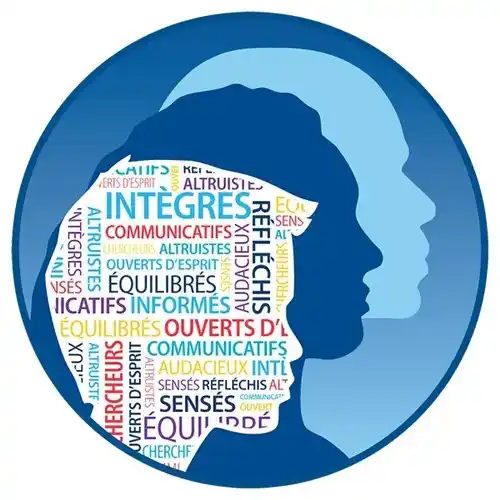“Present knowledge is wholly dependent on past knowledge.” Discuss this claim with reference to two areas of knowledge.
Our stream of thoughts can be linked to what we observe. The observation is registered and transpired to others as we exchange thoughts. The thoughts are meant to have left an impression on our mind, sometimes if not always, and therefore what we know today is the shared knowledge, as our thoughts, that have been exchanged multiple times to infinity. Not all thoughts, in the form of knowledge, are shared and accepted wholly. We use several ways of knowing to accept them fully. The thoughts help us to derive and dissect information and our ways of knowing assist us in accepting the information through the lens of certainty to call it knowledge, in my honest opinion, it can be difficult to say that whatever we know today is completely dependent on past knowledge.
The present knowledge can be defined as the current set of facts and truth. Note that truth is relative as what is true for some could be false for others. This is so because knowledge comes with a lot of problems such as lack of evidence, improper justification, biased approaches, and belief systems that do not require reasoning. This means our mind questions – ‘how do we know what we know?’.
In search of such questions, we as humans start exploring knowledge through the different lenses of ways of knowing. For example, knowledge in religious systems is a matter of belief backed up by the element of faith while laws and theories in science are investigated through the process of inductivism. Similarly, knowledge in mathematics involves creativity intellect imagination, and reasoning while a literature scholar may rely on fantasy to write a book of fiction. Whatever the case may be, undoubtedly, there is a stream and thread of information from our past that allows and encourages us to simply accept or question the knowledge. Therefore, when we question it, we are not wholly dependent on past knowledge. In fact, we apply several ways of knowing in rejecting a claim and creating fresh chunks of thoughts and information to further accept it in the present. Therefore, it can be claimed that present knowledge is not wholly dependent on past knowledge. While this may be true for some areas of knowledge, if not all, I would like a raise the following question: – ‘What is it about the explanation that diverges our knowledge?’
The discipline of human science is vast and diverges its content into various different sub-tributaries. Anthropology and theology may show profound linkage within their respective disciplines yet they are part of human science. Both interpret human experiences and behaviors from different perspectives; while anthropology explains what makes us human, theology constitutes the study of the nature of god and religious beliefs and choices made according to what is called an appropriate practice[1]. Theology has many distinctive yet interlinking areas while anthropology is a much broader and raw approach to understanding how humans have evolved their unique existence in the sense of holism[2]. Human experiences can be viewed through the lens of emotion, sense perception, and other ways of knowing. On the other hand, theology involves faith to emerge as a systematic study of the nature of the divine and spiritual path. It is rather difficult to clearly separate the past knowledge from Anthropology that gives us present knowledge about Theology.






